Escaping Your Personalised Web Bubble
Last Updated on
Are web algorithms hiding information from us? Are Facebook, Google, Netflix and others marching so quickly towards personalised content that they are showing us what they think they want us to see rather than what we need to see?
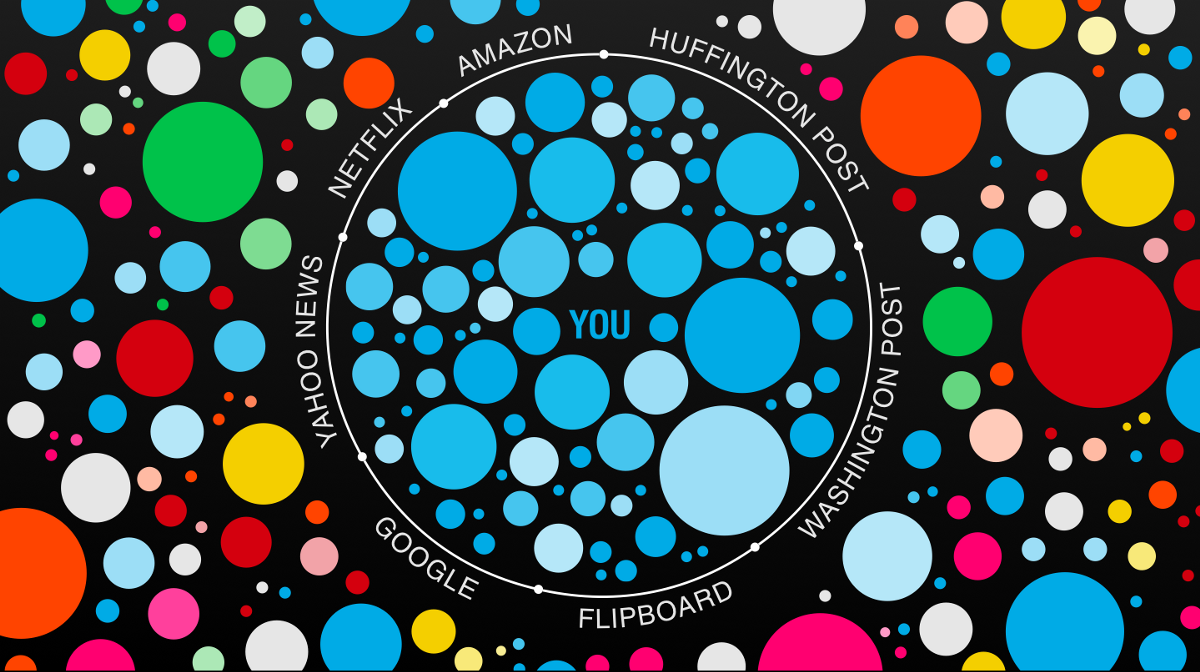
A few years ago, when I first told people I worked in ‘Digital Marketing’, they’d pull an ‘I understand…but don’t really understand‘ face. It looked something like this:
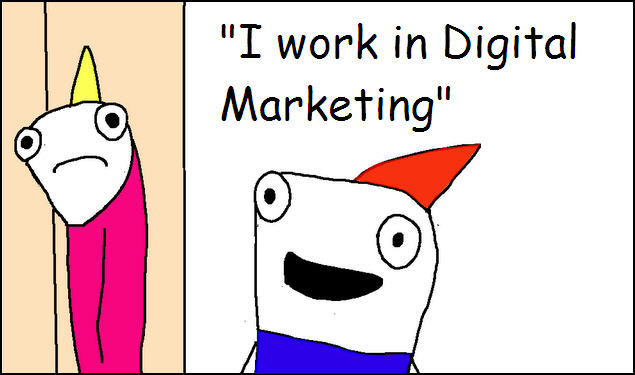 |
| Original image from Hyperboleandahalf |
Nowadays if I tell non-digital people I work in digital marketing – especially if I talk about Social Media – there’s a much wider understanding of social platforms, and what digital marketing entails.
As my last post proved, most people use Facebook, Twitter, or both. We’ve become a nation of online curtain twitchers. Constantly checking Facebook and Twitter to see what our friends and so-called friends are up to. Every status or tweet we post, we quickly hurry back shortly after posting to check how many likes or retweets we get. It’s all about online vanity.
The smartphone boom has accentuated this online thirst for snooping and attention seeking. We’re online more often. Reading, watching, consuming, commenting and stalking more than ever before. But there’s a problem. With more time online comes more content. With so much content comes the inevitable. A lot of valuable information will be filtered from our eyes.
On Facebook, we can manually hide certain posts and friends we don’t want to receive updates from. Facebook itself has an algorithm, so you are only shown content from those you interact with.
On Twitter we follow people, brands and celebrities that interest us. Work in the same industry as us. Have the same interests as us. Even Twitter has introduced ‘Tailored Trends’ based on your location and who you follow, meaning the trends you see are based on what you, your followers and who you’re following tweet about.
We’ve ended up in a personalised web bubble.
No longer can you shout: “Wowee, Bats Eating Gravy out of a Ukulele’ is trending on Twitter!” It’s trending because your followers and the people you follow are talking about it. Not because a whole nation has started keeping pet bats and playing the ukulele.
Herein lies the problem. Little online bubbles of information have been created for us, based on what the internet thinks we want to see, not what we need to see.
Last year I read a fascinating article based on the book ‘The Filter Bubble‘, an amazing deep-dive into the invisible editing of the web, with computer algorithms showing what they think we want to see and less of what we should see.
Imagine you segment all the daily information you consume into little balls. Red balls for blog posts and news articles, blue for social media updates, orange for videos and images and green for everything else. With algorithms editing the information and data before it reaches our eyes, we consume What we Want To See (WWTS), share, like, talk about. That information comes from the same sources. And then shared with the same people. Then everything is reset for the next day of filtered information.
A colleague of mine once spoke about creativity and breaking from the norm. He said:
“If you consume the same shit as everyone else, you’ll think the same thoughts”
With Facebook, Twitter and Google showing us what they think we should see from our personal bubbles, it’s often difficult to step back and view news, updates and information from a different perspective.
I’ve started to try and do things a little differently. I now follow people on Twitter I wouldn’t normally follow. Unhide people in Facebook I haven’t seen an update from in over a year.
Take it a step further. Walk a different way to work. Call people instead of texting. Meet people instead of calling. In many ways social networking has actually stopped many people being social.
During the Olympics opening ceremony I saw an amusing tweet about Tim Berners-Lee;
Son: “So…before him, you couldn’t get websites?”
— James Tutt (@jamestutt) July 27, 2012
To kids of the next generation, they’ve never known a world without websites.
Now that is perspective.
Or simply age.
According to Eli Pariser, author of the Filter Bubble, we’ve shifted from human gatekeepers of information in traditional media (newspapers, magazines etc), to computer based, algorithmic gatekeepers with no sentiment or ethics.
Eli gave a fantastic TED talk back in February 2011, which has had almost 2 million views on the TED site, and over half a million on YouTube. It’s worth a watch is you get a spare 10 mins.
Scary stuff. Thankfully Eli gives us 10 tips to help control some of the information we see on Facebook and Google. Have a read of his ’10 things you can do’ post.
I’ve also changed my Twitter trends back to ‘United Kingdom’ (Twitter STILL don’t have an Edinburgh trends option).
Are you conscious that news, information and friend updates are automatically filtered from you? Are you happy with it? Let me know.
I’m off to tell people I work in Digital Marketing Social Media and see how many likes I can get.

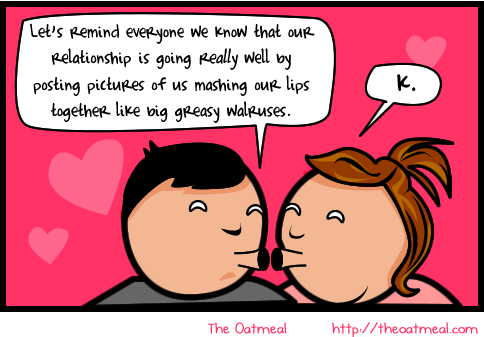
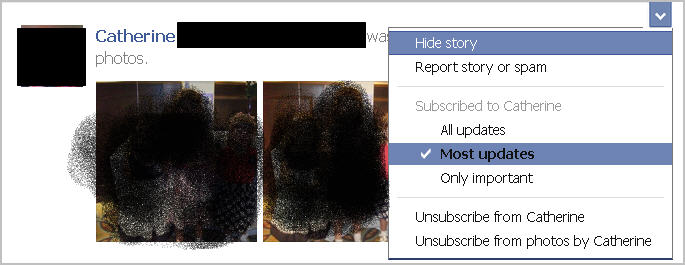
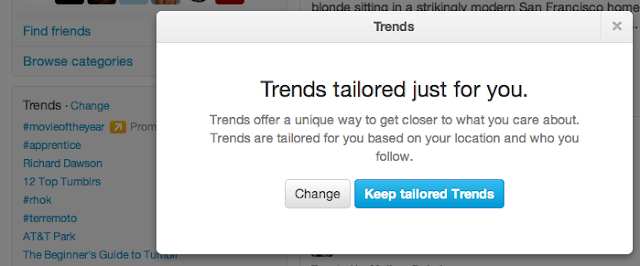
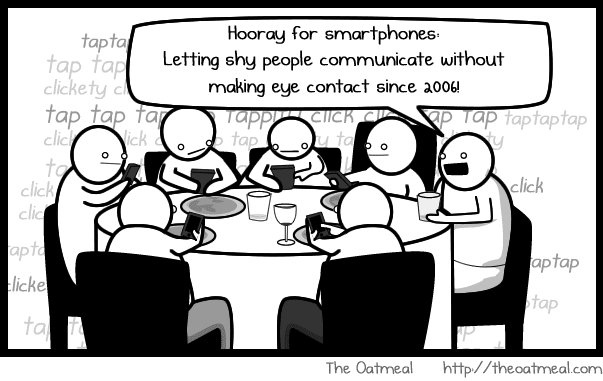
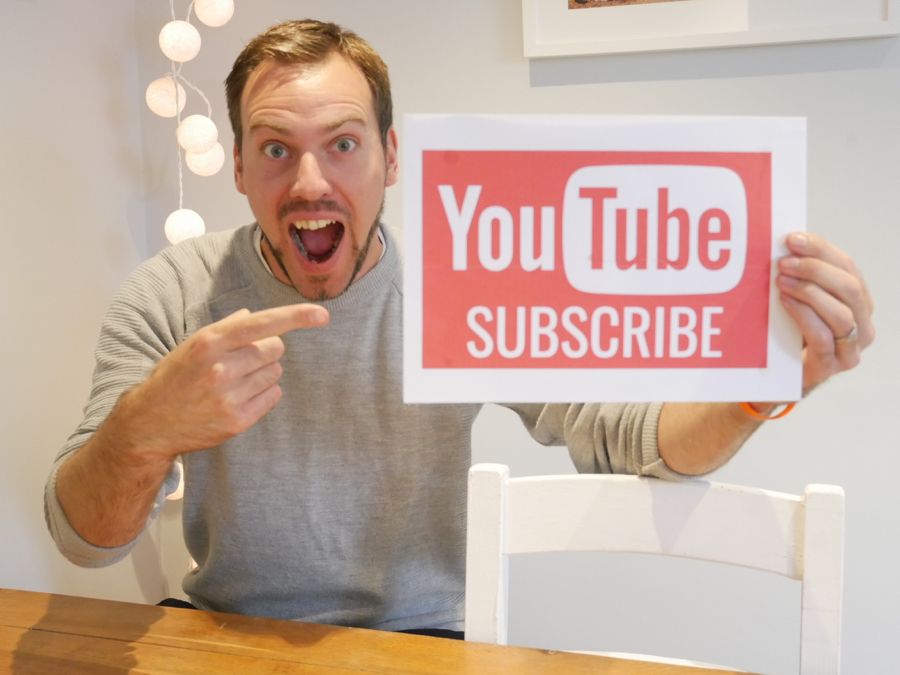

Leave a Reply
Want to join the discussion?Feel free to contribute!